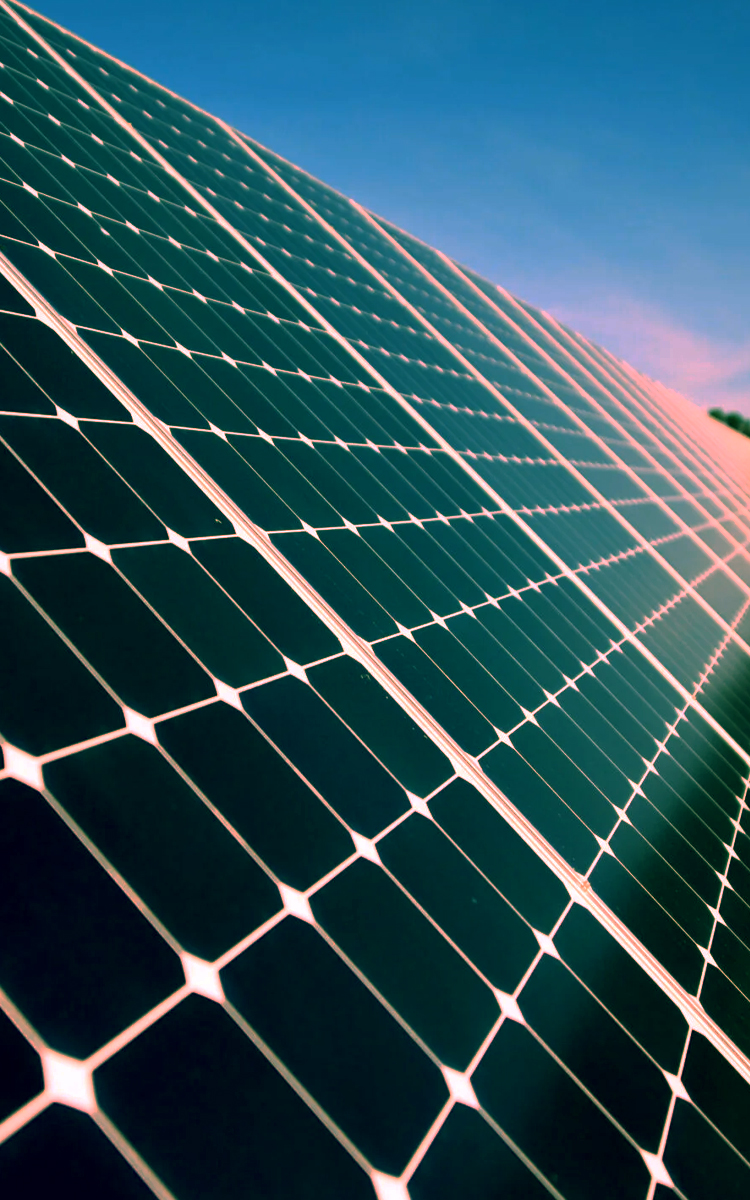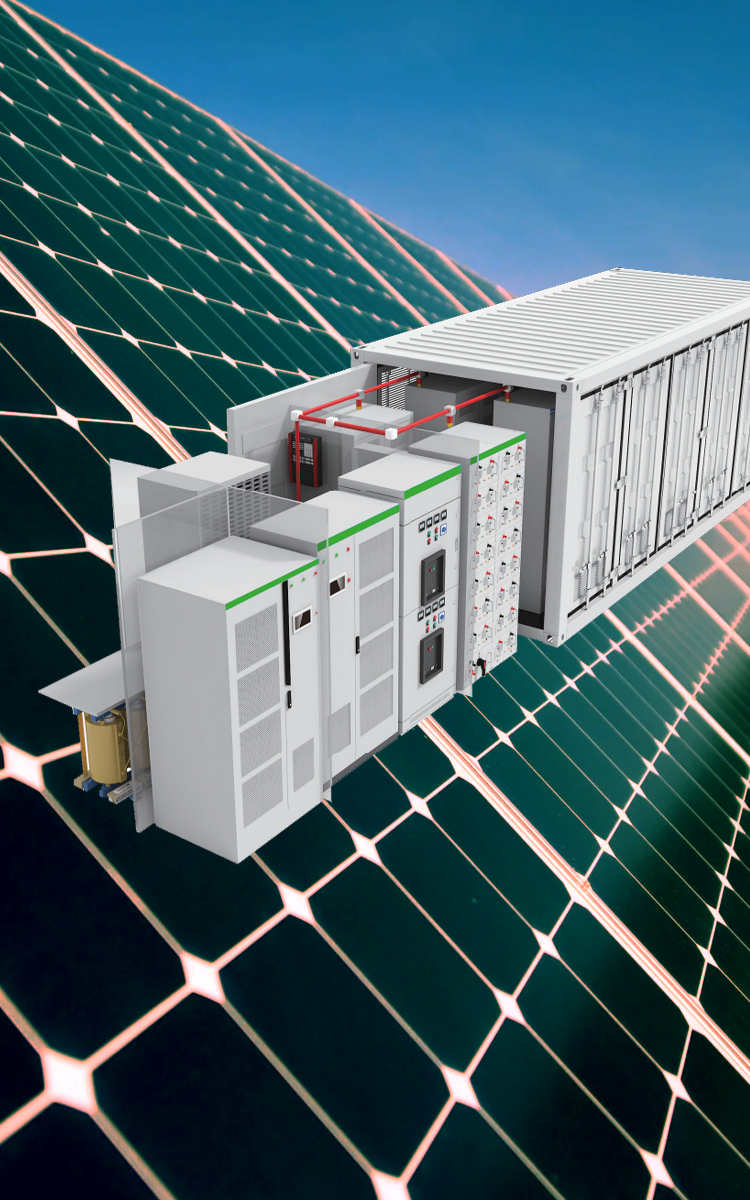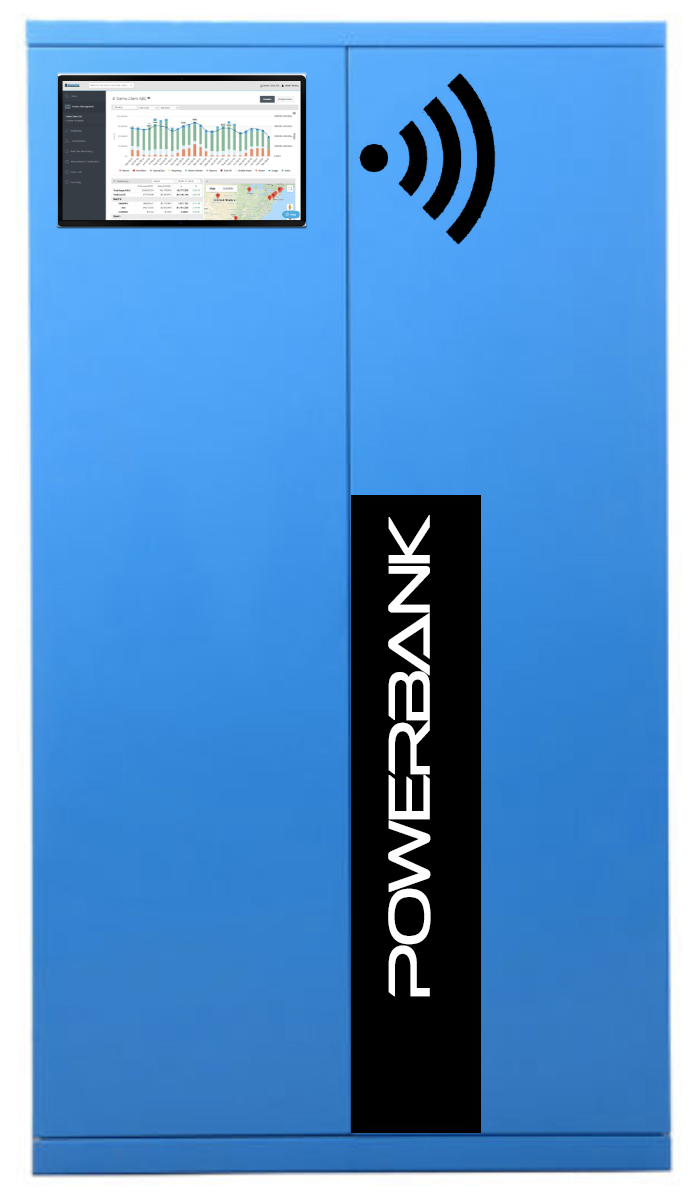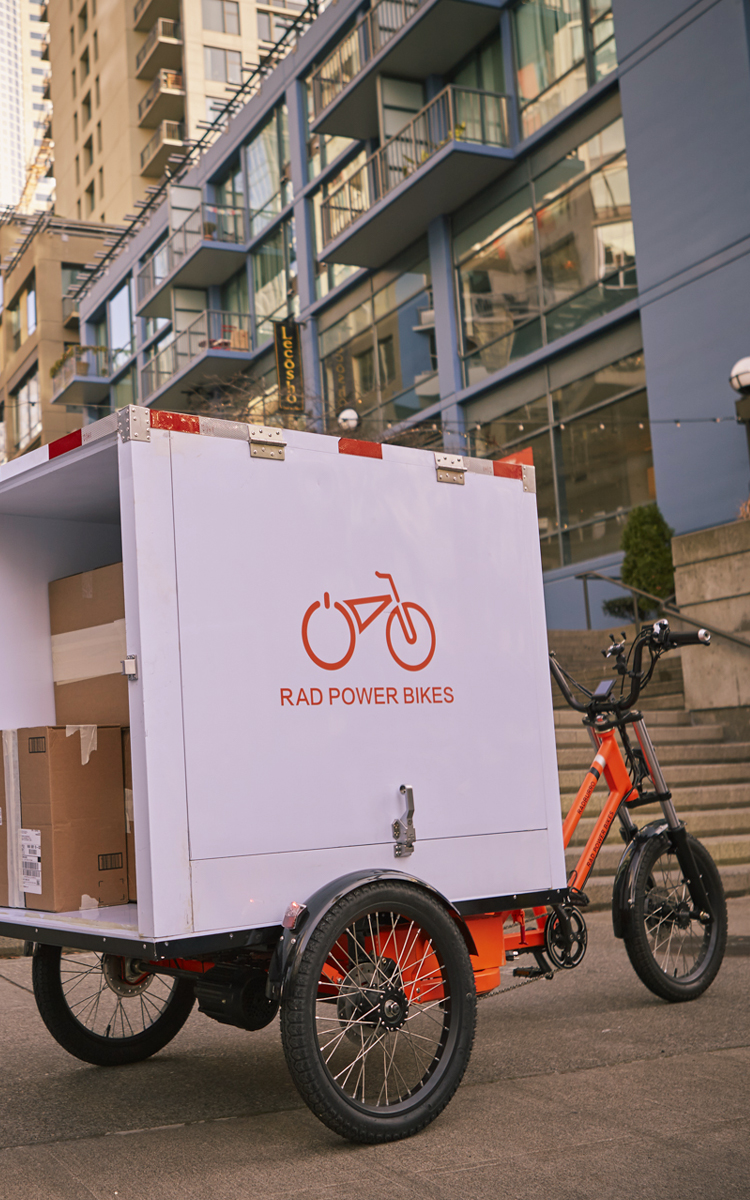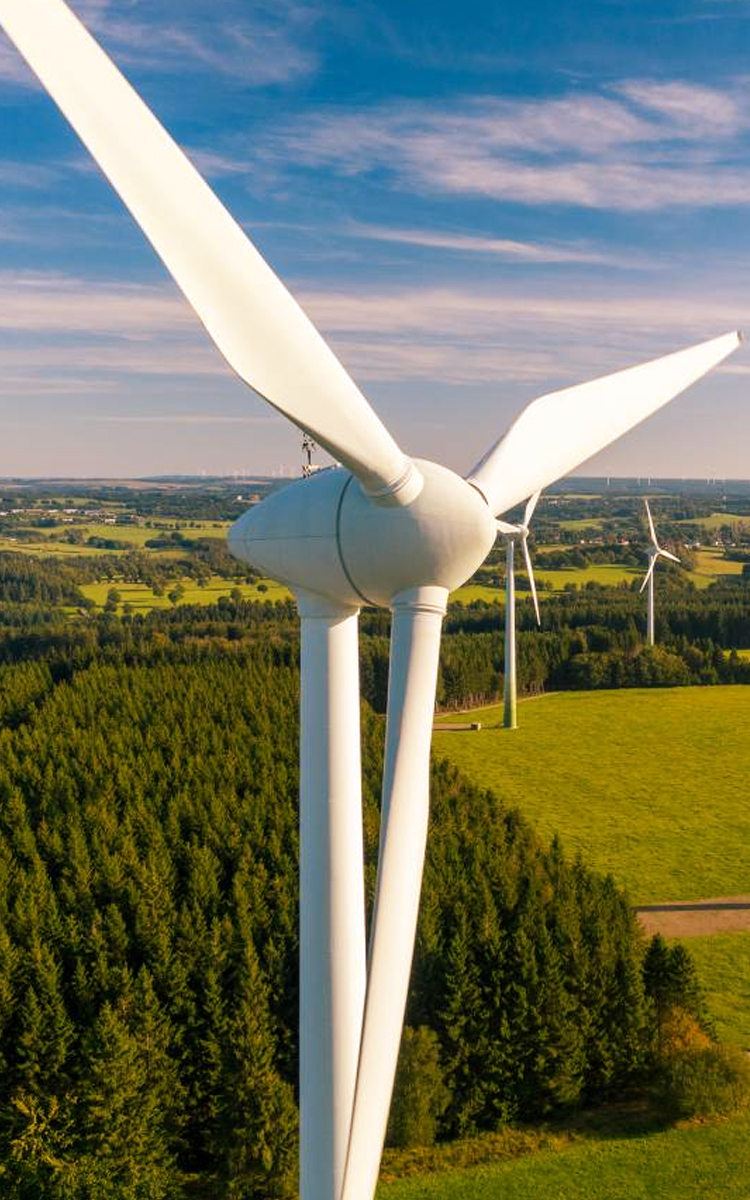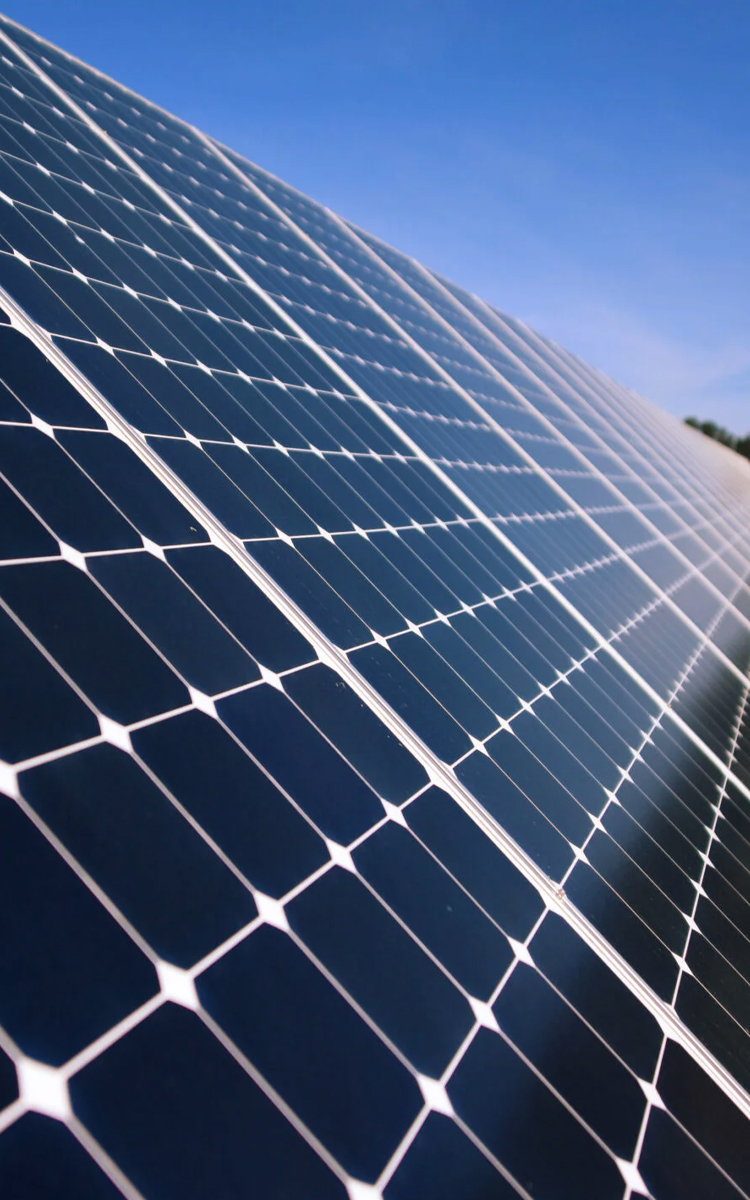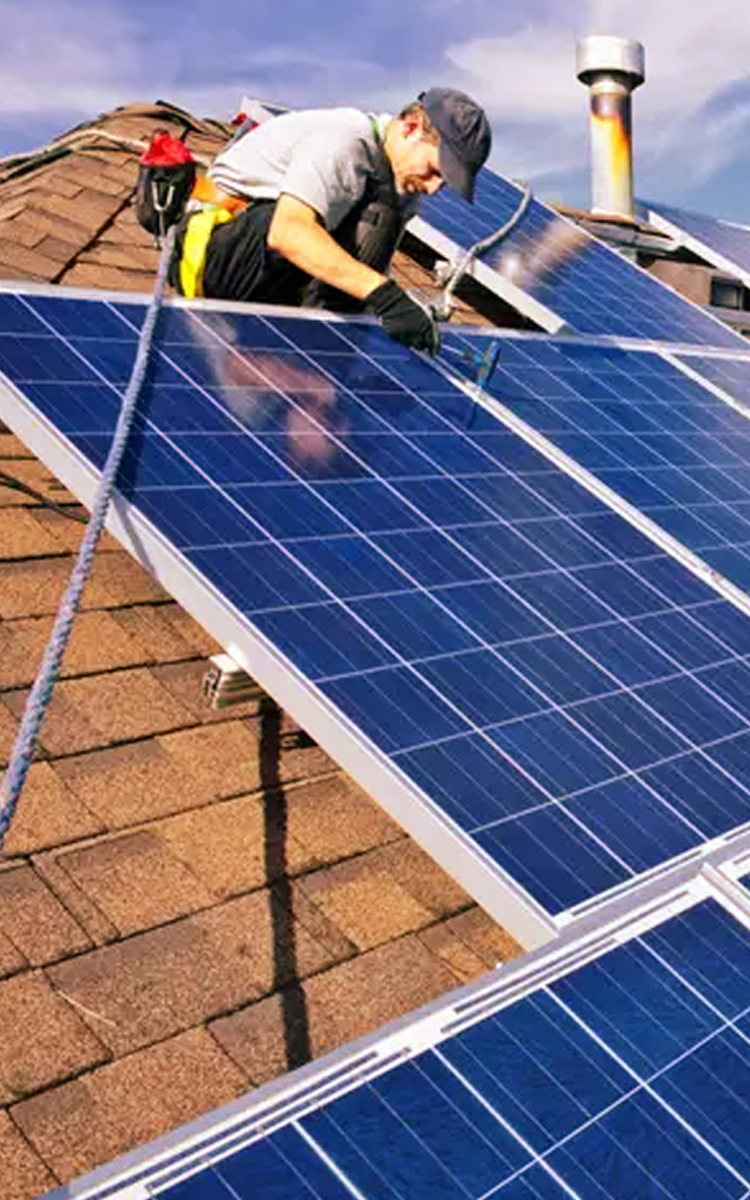EaaS
energy services
AUTOPORT POWER
Energy services
EAAS
Energy Service
Energy-as-a-Service (EaaS) provides a comprehensive solution for accessing energy resources without the need for infrastructure ownership. Users can leverage EaaS to obtain reliable and sustainable energy, with services including energy generation, storage, management, and optimization. EaaS facilitates the adoption of clean energy solutions and enhances operational efficiency.
BAAS
Power Service
Battery-as-a-Service (BaaS) offers a convenient and flexible solution for accessing battery technology without the need for ownership. Users can lease batteries for their electric vehicles or energy storage systems, reducing upfront costs and benefiting from maintenance and replacement services. BaaS promotes sustainable energy adoption and simplifies the transition to clean energy.
Power trade
Green Power
The goal of closed-loop manufacturing is to create a circular economy where products are designed, manufactured, used, and then recycled or reused in new products.
In closed-loop manufacturing, the emphasis is on reducing waste and improving efficiency throughout the entire product lifecycle. This includes the design of products, the selection of materials, the manufacturing process, and the end-of-life management of products.



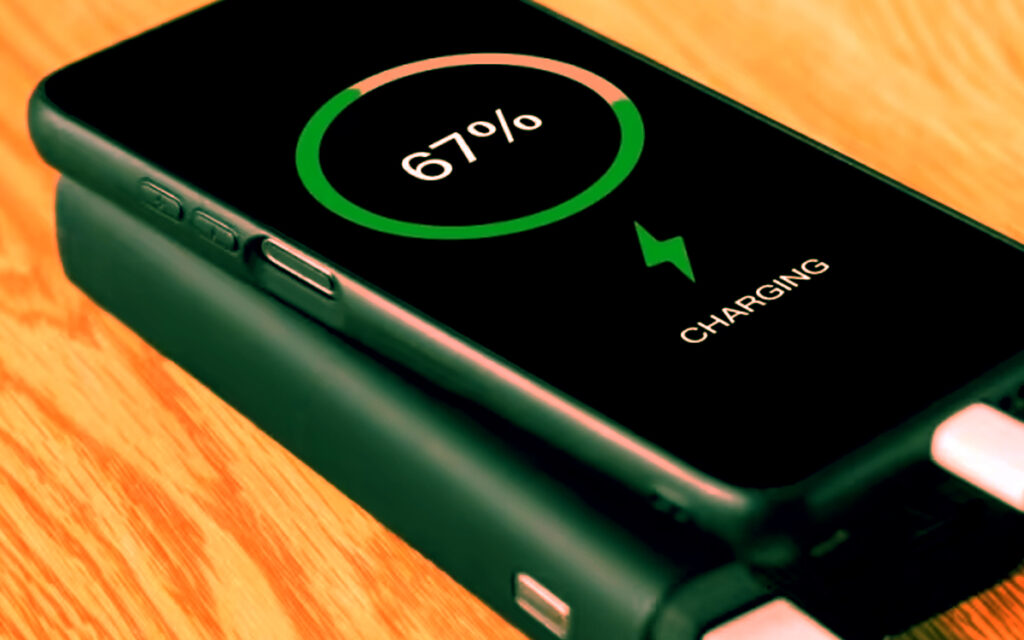
Power As A Service
Power as a Service” (PaaS) represents a shift in the way our energy and power solutions are delivered and consumed.
energy services as a scalable and flexible utility, and delivered through a subscription or pay-per-use model. This approach is in response to the changing landscape of energy consumption, the rise of renewable energy sources, and the need for more sustainable and efficient power solutions.
Power as a Service is an evolving concept that aligns with the broader trends of digitization, decentralization, and sustainability in the energy sector. We offers a more dynamic and adaptable approach to meeting energy needs, especially in the context of a rapidly changing energy landscape and the transition to cleaner and more distributed energy systems.
Power as a Service is an evolving concept that aligns with the broader trends of digitization, decentralization, and sustainability in the energy sector. We offers a more dynamic and adaptable approach to meeting energy needs, especially in the context of a rapidly changing energy landscape and the transition to cleaner and more distributed energy systems.

Energy as a Utility
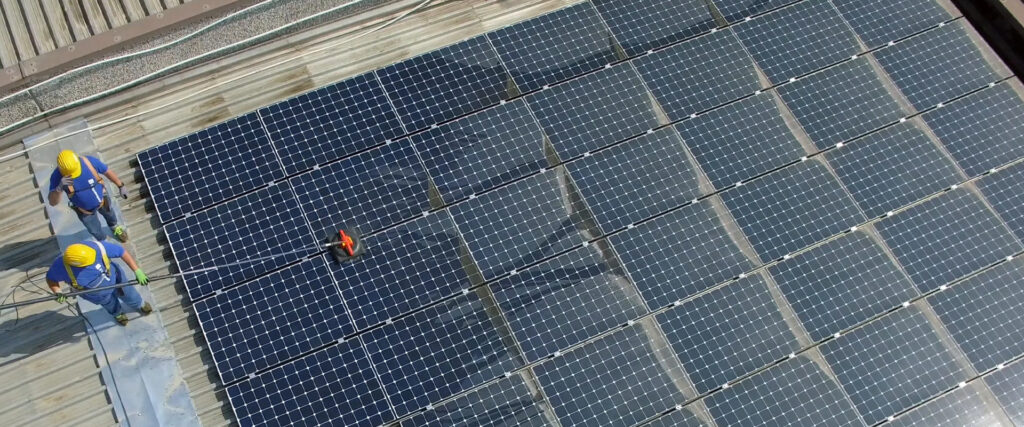
Scalability
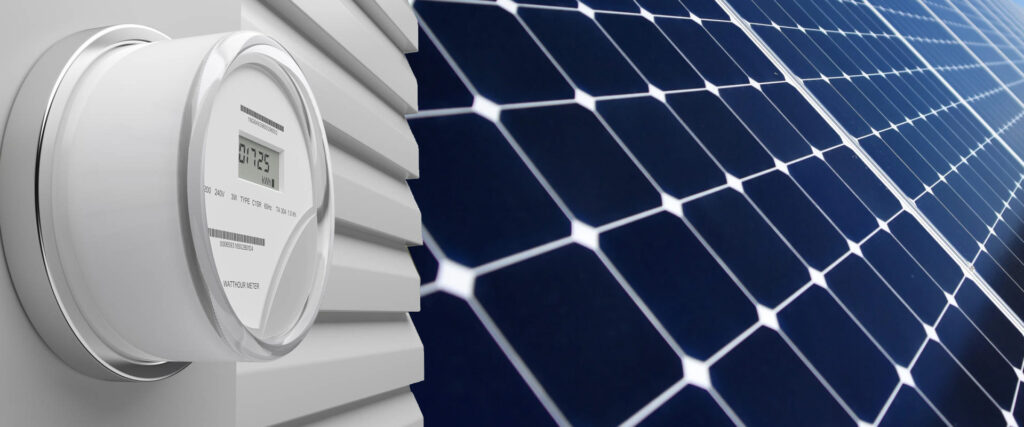
Pay-as-you-go
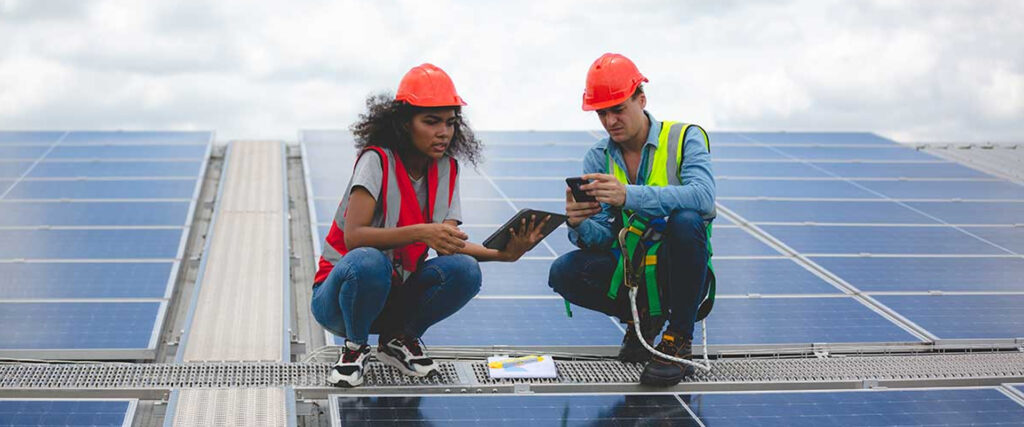
RE Integration

Distributed Energy
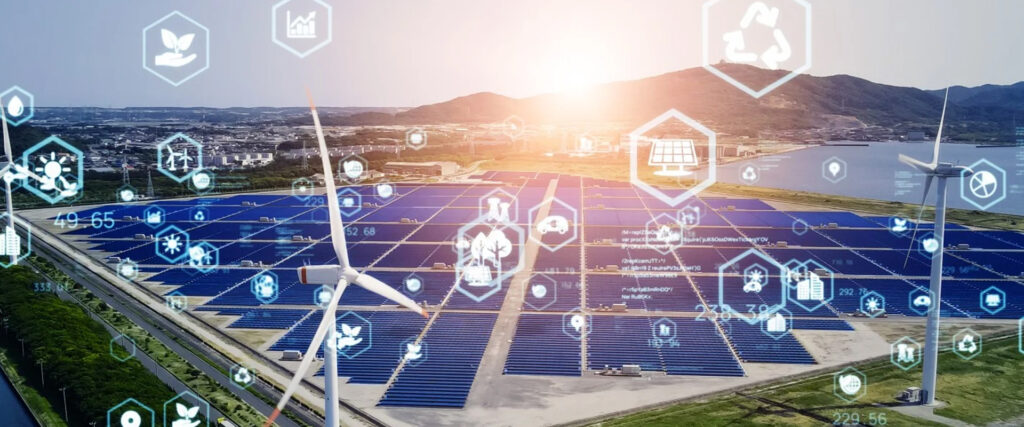
Smart Grid




Energy As A Service
Energy-as-a-Service (EaaS) provides a comprehensive solution for accessing energy resources without the need for infrastructure ownership. Users can leverage EaaS to obtain reliable and sustainable energy, with services including energy generation, storage, management, and optimization. EaaS facilitates the adoption of clean energy solutions and enhances operational efficiency
Sustainable Power for Residentials
Utilizing energy as a service (EaaS) for sustainable energy in residential settings involves offering homeowners access to clean energy solutions without the need for upfront investments in renewable energy systems or infrastructure. By leveraging energy as a service for residential sustainable energy solutions, homeowners can enjoy the benefits of clean energy without the barriers of high upfront costs or complex system maintenance. EaaS models promote environmental sustainability, energy efficiency, and cost savings, empowering residents to transition to a more sustainable way of living.
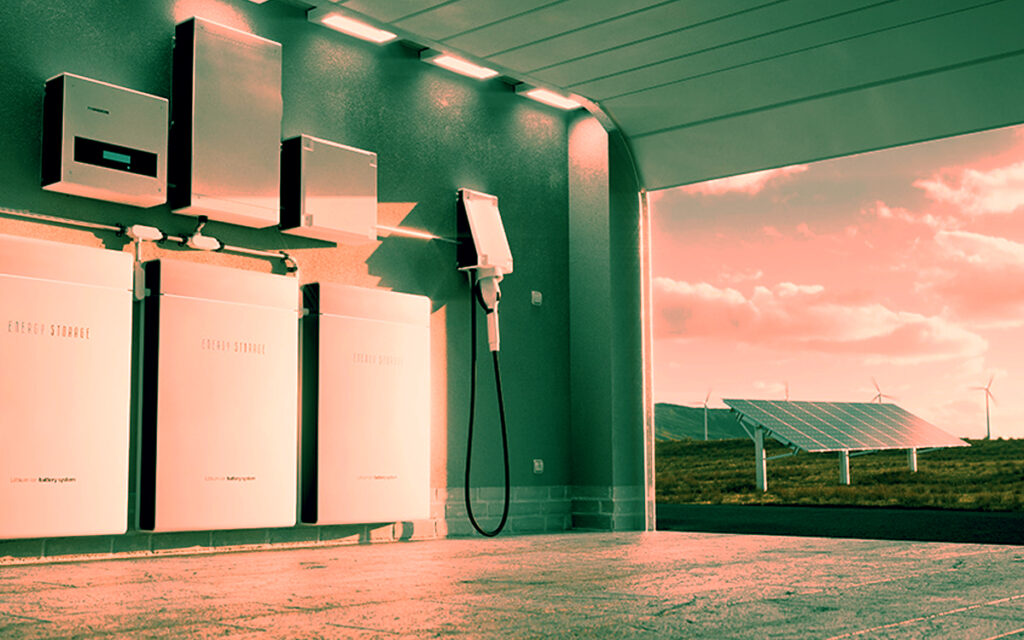
Benefits & Advantages
Energy services
Monitize
Energy As A Service
As a new method of trading surplus power, P2P energy trading is attracting attention by allowing prosumers to directly trade surplus energy at optimal prices.
cost saving
Energy As A Service
EaaS can help companies and individuals save on energy costs by providing access to energy solutions at a lower cost than investing in their own infrastructure.
decarbonize
Energy As A Service
Accelerate transition to low carbon energy system by providing access to RE & EE technologies
Stable Power
Energy As A Service
EaaS can help to stabilize the grid by offering energy storage and load management services, reducing peak demand on the grid and preventing power outages.
Energy Efficent
Energy As A Service
EaaS providers can offer energy management services that optimize energy usage and reduce energy waste, leading to improved energy efficiency.
secure energy
Energy As A Service
Democratize & Decentralized power system for achieving energy security at a micro level
Baas
battery
FOR ELECTRIC MOBILITY
Business Inquiry
Power services
Subscribe to our newsletter to hear the latest news on Power As A Service.





Battery As A Service
Battery-as-a-Service (BaaS) offers a convenient and flexible solution for accessing battery technology without the need for ownership. Users can lease batteries for their electric vehicles or energy storage systems, reducing upfront costs and benefiting from maintenance and replacement services. BaaS promotes sustainable energy adoption and simplifies the transition to clean energy.
Sustainable Power for Electric Mobility
Battery as a Service” (BaaS) is a innovative and sustainable approach to energy storage that revolutionizes the way businesses and individuals manage their power needs. We provide access to energy storage solutions without the complexities and costs associated with owning and maintaining traditional battery systems.

Baas
e p o d
Multi Sensor Cloud Connected
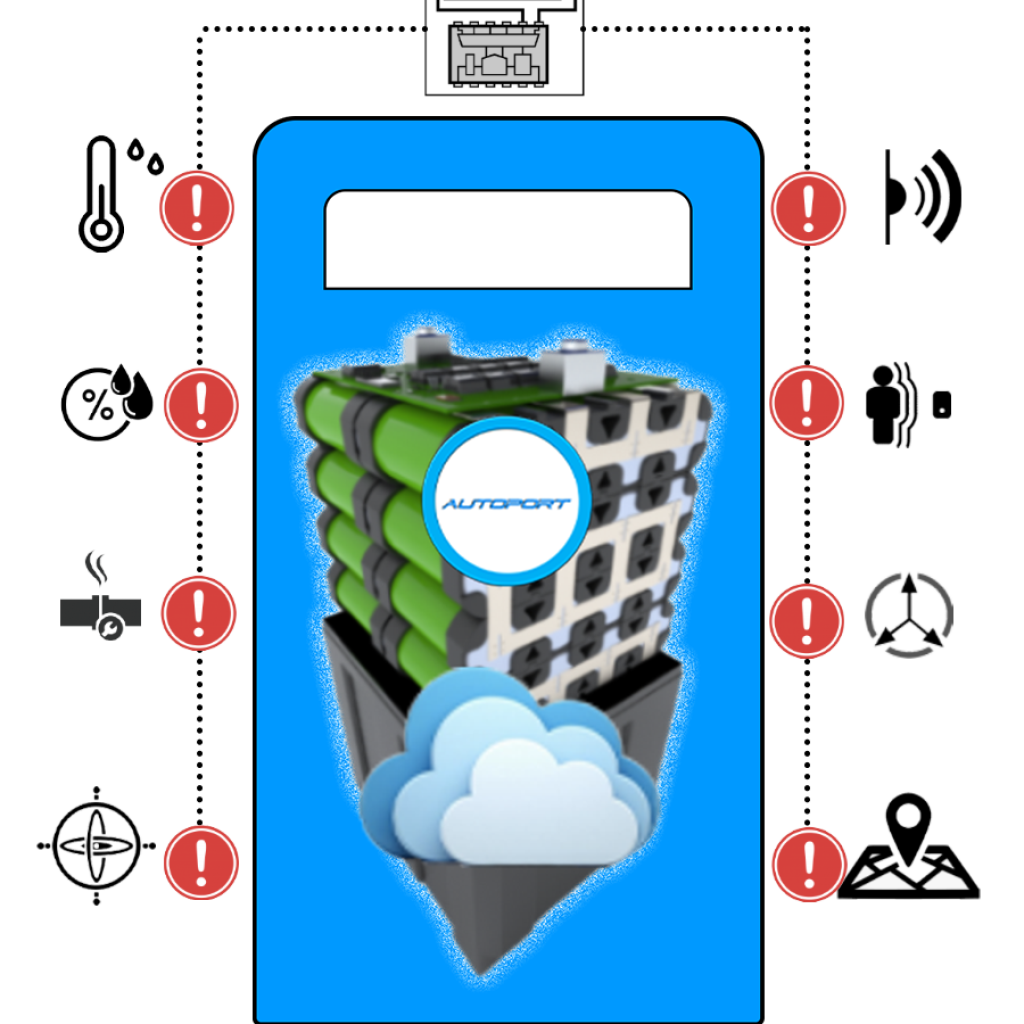
SUPERIOUR PERFROMANCE
Battery As A Service
epod
Multi-Sensor Cloud-Ready Advanced Chemistry Battery Pack, designed for applications in micro, personal, and commercial electric mobility sectors. Our product, known as EPOD, boasts IOTA-enabled connectivity and telematics capabilities, ensuring seamless integration with digital ecosystems.
Data generated by EPOD is efficiently stored on cloud platforms, facilitating robust analytics and informed decision-making processes. With its cutting-edge features and adaptable design, our battery pack sets new standards in performance, reliability, and connectivity across various electric mobility applications
main features
Applications : Energy Storage for Electric Mobility & Battery Swapping Services.
- Geo location
- Gyro Sensor
- Accelerometer
- Proximity Sensor
- Temperature Sensor
- Communication
- Geo Fencing
- BMS
Benefits & Advantages
Battery as a service
empower
Empower users to access reliable, clean energy while optimizing consumption and contributing to a more sustainable energy landscape. Energy as a Service transforms the traditional energy consumption model
ESS
Utilize advanced energy storage technologies, such as lithium-ion batteries, to store excess energy during periods of low demand. Ensure a reliable power supply during peak demand periods or when renewable energy sources are not producing electricity.
ems
Energy Management System a sophisticated EMS to monitor, control, and optimize energy consumption. Leverage real-time data, analytics, and smart algorithms to enhance energy efficiency.
monitize
Participate in demand response initiatives by adjusting energy consumption during peak periods. Monetize the ability to provide grid support and reduce strain on the electricity grid.
Scalable
Tailor energy storage capacity to meet specific user needs, whether for residential, commercial, or industrial applications. Scale the system as energy demands evolve over time.
optimize
Utilize the EMS to optimize energy consumption patterns, reducing wastage and inefficiencies. Maximize the use of energy during off-peak hours when electricity costs are lower.
Business Inquiry
BAttery services
Subscribe to our newsletter to hear the latest news on Battery As A Service.


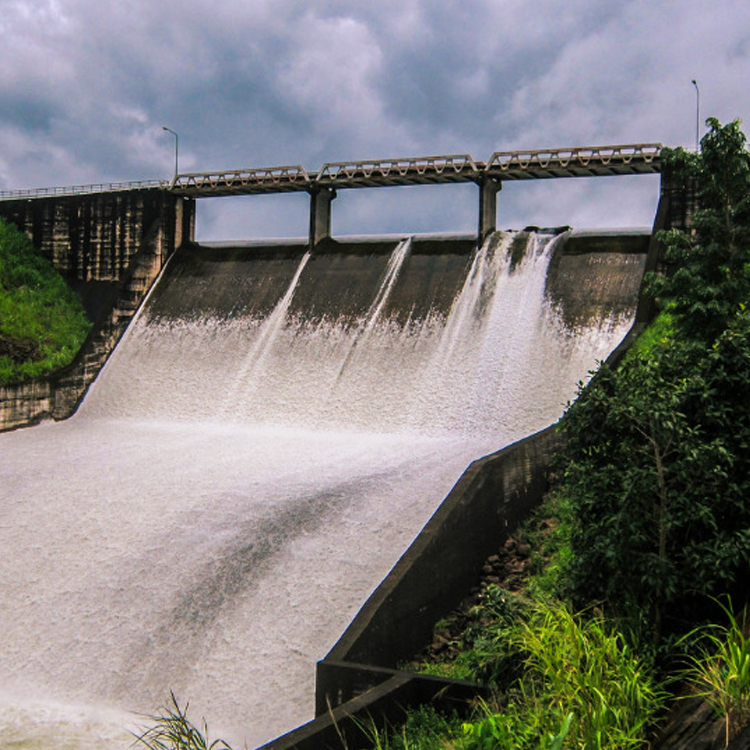
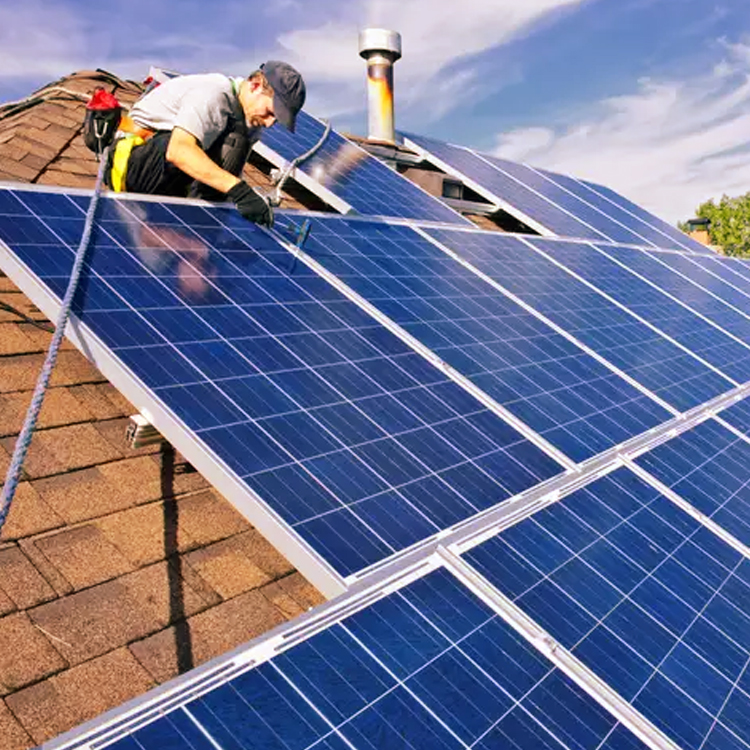
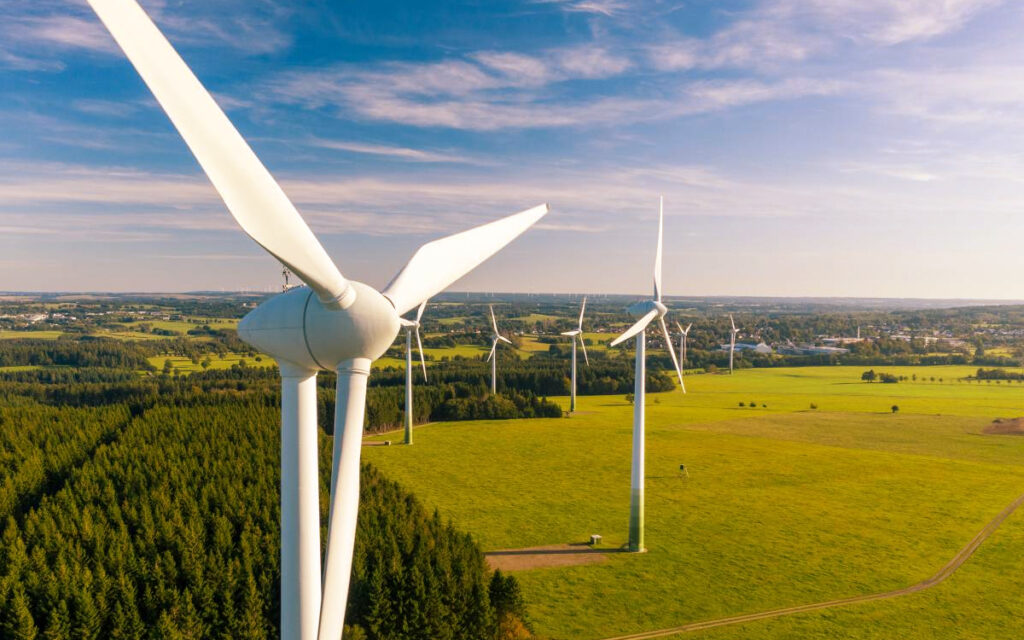
Green Power Trade
Battery-as-a-Service (BaaS) offers a convenient and flexible solution for accessing battery technology without the need for ownership. Users can lease batteries for their electric vehicles or energy storage systems, reducing upfront costs and benefiting from maintenance and replacement services. BaaS promotes sustainable energy adoption and simplifies the transition to clean energy.
Sustainable Power for Business
Green energy trading plays a crucial role in accelerating the transition to a low-carbon economy by incentivizing renewable energy deployment, supporting renewable energy goals, and driving environmental sustainability. It offers benefits for renewable energy producers, energy consumers, and society as a whole by promoting cleaner and more sustainable energy solutions.
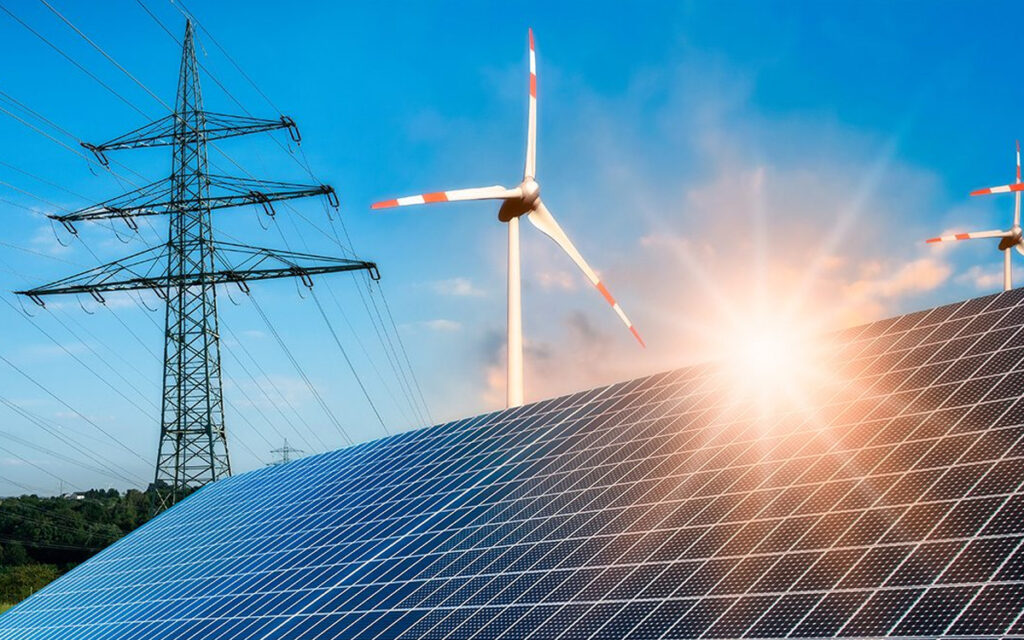
Benefits & Advantages
Power Trading
Market Access
Green energy trading facilitates access to renewable energy for entities that may not have the capacity or resources to generate renewable electricity on-site. This includes businesses, municipalities, and individuals seeking to support renewable energy development.
Price Discovery
Green energy trade desk provide price transparency and facilitate price discovery for renewable energy attributes. This helps establish fair market prices for RECs, which can vary based on factors such as regional renewable energy penetration, demand, and regulatory requirements.
CSR
Businesses and organizations prioritize environmental sustainability and CSR initiatives. Green energy trading allows them to demonstrate their commitment to sustainability by supporting renewable energy projects and reducing their carbon footprint.
REC
RECs represent the environmental attributes of one megawatt-hour (MWh) of electricity generated from a renewable energy source. Through green energy trading, renewable energy producers can sell RECs to entities looking to offset their carbon footprint or meet renewable energy goals.
Energy Goals
Governments, organizations, and businesses have renewable energy goals or commitments to reduce their carbon emissions. Green energy trading offers a flexible and cost-effective way to achieve these goals by purchasing RECs from renewable energy projects.
Impact
Green energy trading contributes to the reduction of greenhouse gas emissions and other pollutants by incentivizing the deployment of renewable energy generation. It helps mitigate climate change and promotes cleaner air and water by displacing fossil fuel-based electricity generation.
Business Inquiry
power trade desk
Subscribe to our newsletter to hear the latest news on Green power trading.

Battery As A Service
Battery as a Service is a business model where a company provides battery storage and charging solutions to other companies or individuals for a fee. Essentially, it allows customers to access battery storage on an as-needed basis without having to invest in their own infrastructure.
Companies or individuals who rely on battery-powered equipment, such as electric vehicles or renewable energy systems, could benefit from BaaS. Additionally, businesses that experience fluctuating energy demand or power outages may find BaaS to be a cost-effective solution.
BaaS providers typically install battery storage systems on the customer’s site and charge a monthly fee for access to the stored energy. The provider maintains and services the batteries and may also offer charging infrastructure for electric vehicles.
BaaS allows customers to access battery storage without having to invest in expensive infrastructure or worry about maintenance and service. It also offers flexibility in energy usage and cost, as customers can pay for only the amount of energy they need.
BaaS may not be cost-effective for companies or individuals with consistent energy demand, as the monthly fee for battery storage could be more expensive than owning and maintaining their own batteries. Additionally, BaaS providers may not have enough battery capacity to meet all of their customers’ needs during peak demand times.
Lithium-ion batteries are the most commonly used battery technology for BaaS due to their high energy density and long lifespan. Other battery technologies, such as lead-acid or flow batteries, may also be used depending on the specific application.
BaaS can be environmentally friendly if the batteries are charged using renewable energy sources, such as solar or wind power. However, if the batteries are charged using fossil fuels, it may not be as environmentally friendly as owning and maintaining one’s own batteries.
BaaS is currently available in select regions worldwide, but availability may vary depending on the provider and location.
Yes, BaaS can help to reduce peak demand on the grid by providing stored energy during times of high demand. This can help to stabilize the grid and prevent power outages.
The cost of BaaS is typically determined by factors such as the amount of battery storage needed, the cost of battery technology, the cost of installation and maintenance, and the price of electricity.
BaaS can be used in a variety of applications, including electric vehicle charging stations, renewable energy systems, backup power for critical infrastructure, and grid stabilization.
BaaS may be more cost-effective for companies or individuals with fluctuating energy demand or those who cannot afford to invest in their own battery infrastructure. However, owning and maintaining one’s own batteries may be more cost-effective for those with consistent energy demand.
Some challenges facing the BaaS industry include the high cost of battery technology, the need for adequate charging infrastructure, and the need to balance battery supply and demand. Additionally, regulations and policies may vary by region and could impact the adoption of BaaS.
BaaS is related to the energy transition because it enables the integration of renewable energy sources, such as solar and wind power, into the grid. It also helps to reduce the reliance on fossil fuels and can contribute to the decarbonization of the energy sector.
Energy As A Service
Energy as a Service is a business model where a company provides energy solutions to other companies or individuals for a fee. It allows customers to access energy on an as-needed basis without having to invest in their own infrastructure.
EaaS providers typically install renewable energy systems, battery storage, and/or energy efficiency technologies on the customer’s site and charge a monthly fee for access to the energy. The provider maintains and services the equipment and may also offer energy management services to optimize energy usage and cost.
Companies or individuals who want to reduce their energy costs, improve their sustainability, or avoid upfront capital expenditures for energy infrastructure could benefit from EaaS. Additionally, businesses that experience fluctuating energy demand or those that operate in areas with unreliable energy infrastructure may find EaaS to be a cost-effective solution.
EaaS allows customers to access energy solutions without having to invest in expensive infrastructure or worry about maintenance and service. It also offers flexibility in energy usage and cost, as customers can pay for only the amount of energy they need. Additionally, EaaS can help to reduce greenhouse gas emissions and improve sustainability.
EaaS may not be cost-effective for companies or individuals with consistent energy demand, as the monthly fee for energy services could be more expensive than owning and maintaining their own infrastructure. Additionally, EaaS providers may not have enough capacity to meet all of their customers’ needs during peak demand times.
EaaS providers can offer a range of energy solutions, including renewable energy systems such as solar and wind, energy storage systems such as batteries, and energy efficiency technologies such as LED lighting and HVAC systems.
EaaS can be environmentally friendly if the energy solutions provided are based on renewable energy sources and energy efficiency technologies. However, if the energy is sourced from fossil fuels, it may not be as environmentally friendly as owning and maintaining one’s own infrastructure.
EaaS is currently available in select regions worldwide, but availability may vary depending on the provider and location.
The cost of EaaS is typically determined by factors such as the type and size of the energy solutions provided, the cost of energy technology, the cost of installation and maintenance, and the price of electricity.
Yes, EaaS can help to reduce peak demand on the grid by providing energy storage and load management services. This can help to stabilize the grid and prevent power outages.
EaaS may be more cost-effective for companies or individuals with fluctuating energy demand or those who cannot afford to invest in their own infrastructure. However, owning and maintaining one’s own infrastructure may be more cost-effective for those with consistent energy demand.



